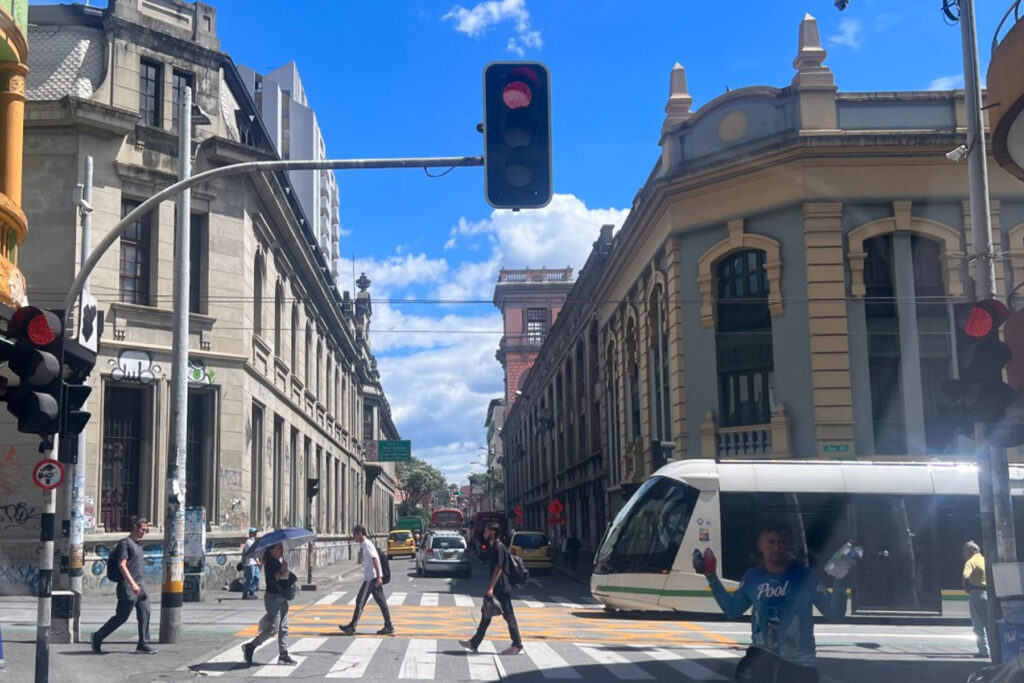As occurred at the time with Legislative Decrees 560 and 772 of 2020, one of the first and most relevant discussions revolves around the possibility or not of immediately invoking the application of some of its provisions to ongoing proceedings or to the qualification of bankruptcy protection applications that had been filed before the enactment of Law 2437 of 2024.
This is the atavistic problem that Noguera Barreneche synthesized in his 1932 lectures as follows: "The law does not order but for the coming - it cannot be otherwise -; but in that unique field in which its abstract prescriptions are concretized and developed, it is necessary for jurisprudence to distinguish two kinds of facts, viz: (a) some relatively new, without roots of necessary and sufficient legal causation in the past, and (b) others which, already obeying a pre-existing social rule, coexist with the validity of the second rule, totally or partially opposed to the first, and must be subjected to it or free from its influence depending on whether or not the new law has received the investiture of the so-called retroactive character. The first of these two kinds of future events constitutes the future of the laws - the plain and ordinary future - to which the first part of article 2 of the Code of Napoleon refers, and the second, the legal past to which the final part of the same refers: the past of the only possible legal retroactivity, which is not really, as explained above, but a future activity".
In the words of the Constitutional Court: “Obviously, if a legal situation has been completely consolidated under the old law, there is no conflict of laws, nor is there a conflict of laws when the facts or situations that must be regulated are generated during the validity of the new law. The need to establish which law should govern a certain matter arises when a fact is born under the old law but its effects or consequences are produced under the new law, or when a legal fact is carried out under the old law, but the new law establishes new conditions for the recognition of its effects."(C-619 of 2001).
The same ruling recalls that, in procedural matters, the rule is that ".The laws concerning the substantiation and rituality of the trials prevail over the previous ones from the moment they are to take effect.
"However, the appeals filed, the taking of evidence, the hearings convened, the proceedings initiated, the terms that have begun to run, the incidents in progress and the notifications that are being served, shall be governed by the laws in force when the appeals were filed, the evidence was ordered, the hearings or proceedings were initiated, the terms began to run, the incidents were promoted or the notifications began to be served.
"Jurisdiction to prosecute the proceeding shall be governed by the law in force at the time of the formulation of the claim with which it is promoted, unless the law eliminates such authority"(Law 153 of 1887, article 40, as amended by article 624 CGP).
In 2020, the Superintendency of Corporations resolved the situation in a clear and direct manner when it began to base decisions taken in ongoing proceedings on the recently issued extraordinary rules, where it was feasible to do so. This happened, for example, with the disappeared power to pay small claims without judicial authorization, and with the possibility of establishing simultaneous payments to creditors of different classes, just to mention a couple of cases.
Consequently, we should expect that article 2 of Law 2437 of 2024, which regulates the expeditious access to reorganization mechanisms, will be observed for the qualification of applications for admission pending resolution by December 12, 2024, the date on which the new statute came into force, and not only for applications after that date. If so, the undesirable rejection orders will be reduced, because the admission orders will require the supports missing in the qualification of the application; contrary to what is usually thought, a company that has not complied with the documentary requirements should be put under judicial scrutiny, and not leave its creditors and other interested parties in the lurch.
The same can be expected with respect to, for example, financial relief and corporate reactivation mechanisms (simultaneous payments to creditors of different classes, capitalization of liabilities, discharge of liabilities and sustainable debt covenants), which may be incorporated into reorganization agreements that were just being negotiated on December 12, 2024, as well as it should be feasible to request authorization for bankruptcy financing operations under the rules contained in Article 4 of the new law.
